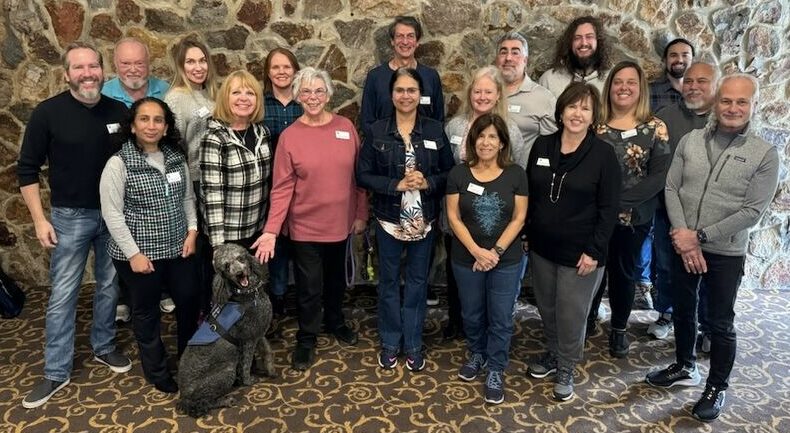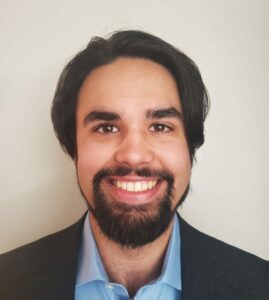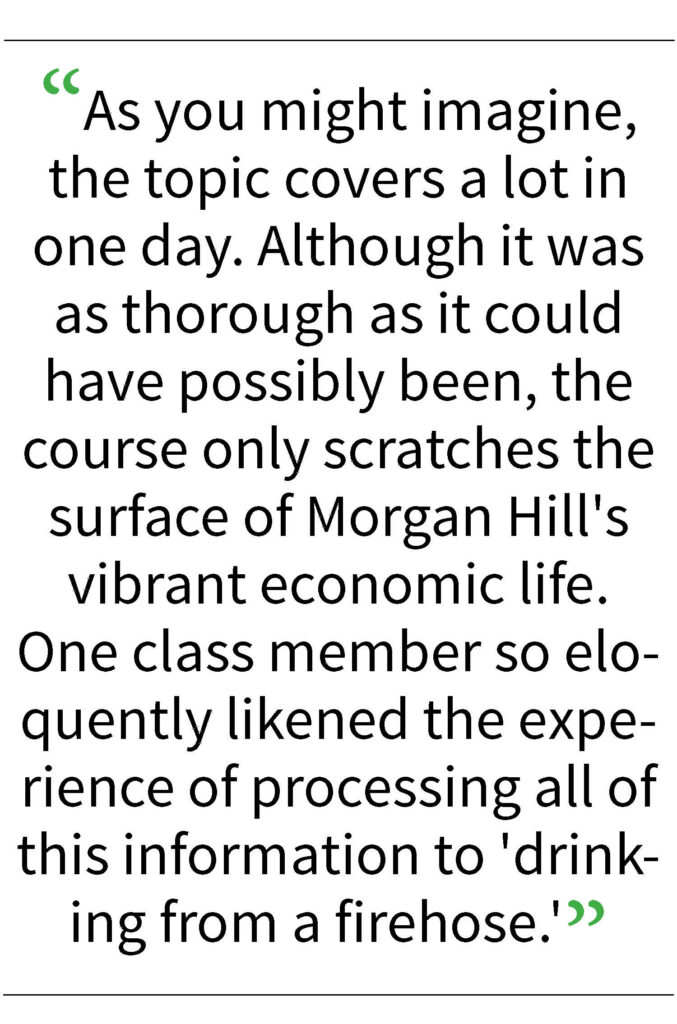The all-day focused on economic and agricultural development and environmental protection
![]()

The Leadership Morgan Hill class of 2024. Photo courtesy Leadership Morgan Hill
By Calvin Nuttall

Calvin Nuttall
On its surface, Morgan Hill may appear to some to be a small, quiet town. In some ways, it still is — the city’s community has made deliberate efforts during the years to curb its sprawl and maintain its small-town vibe. Even so, the amount of commercial and non-profit activity occurring here is enough to make one’s brain burst.
 As a member of Leadership Morgan Hill’s class of 2024, I was lucky to participate in the nonprofit organization’s “Nurturing our Economic Future” all-day crash course on the city’s approach to economic and agricultural development and environmental protection.
As a member of Leadership Morgan Hill’s class of 2024, I was lucky to participate in the nonprofit organization’s “Nurturing our Economic Future” all-day crash course on the city’s approach to economic and agricultural development and environmental protection.
As you might imagine, the topic covers a lot in one day. Although it was as thorough as it could have possibly been, the course only scratches the surface of Morgan Hill’s vibrant economic life. One class member so eloquently likened the experience of processing all of this information to “drinking from a firehose.” Of course, it is far too much information to adequately condense to fit the format of this column, but I will try my best to give you my broad takeaways.
The deluge began with a presentation from Matt Mahood, the city’s economic development director. He challenged the Leadership class with an exercise in which we assumed the roles of city planners and organized the layout of a new development on the map of an existing, currently unused area of land in Morgan Hill.
As it turns out, none of us are qualified to be city planners, despite how we may have felt going into the exercise. Still, an important lesson was absorbed: when something going on in the city doesn’t seem to make sense, it is probably not because the people in charge are brain-dead, as social media would like you to believe. There is likely a reason. You just need to look under the hood to find it.
Take grocery stores, for example. I have often wondered, why doesn’t Morgan Hill have a Whole Foods or similar health-oriented grocery store? Well, simply put, grocery stores are pretty bad investments of public resources, according to the metrics that economic development planners care about. They produce very little revenue for the city compared to other types of businesses, because the food they sell does not have sales tax. Grocery stores also create fewer jobs per acre than other businesses because of their large size, another point against them. Because Morgan Hill’s demand for groceries is met by its existing grocery stores, it doesn’t make sense to install a new one until it is needed.
The day’s course continued with a tour of several of Morgan Hill’s fine businesses, each in a different sector. The tiny sampling included the Kinetic Performance Institute, a high-tech baseball training facility that leverages cutting-edge biomechanical analytic devices to give their players a data-driven edge; Toray Advanced Composites, our branch of a multinational high-tech materials supplier; and George Chiala Farms, one of our largest agricultural producers and a family-run business that has been ingrained in Morgan Hill’s community for more than 40 years. Each of these businesses impressed me in different ways and deserves its own discussion, so I’ll say no more about them here.
 Balanced against the goals of economic development and the preservation of its agricultural economy are the needs of the environment in and around Morgan Hill.
Balanced against the goals of economic development and the preservation of its agricultural economy are the needs of the environment in and around Morgan Hill.
Following the business tours, the course ended with a presentation from Nick Perry, the Open Space Authority’s Coyote Valley project manager. The OSA is a special district of Santa Clara County charged with restoring and preserving the natural environment in the county’s open spaces, especially the Coyote Valley.
It would be easy to over-simplify the economic, agriculture, and environmental sectors of Morgan Hill as being three diametrically opposed forces, struggling against each other, competing for funds and space and attention. In truth, these areas are governed by a body of people who, I believe, all embrace the value of a holistic community.
I would not go so far as to describe the system as “harmonious.” Our class is certainly full of personalities and conflicts and natural friction. But it is full of real people, acting in good faith, who all want the same thing: a community that supports, feeds, and protects those within it.
Calvin Nuttall is a Morgan Hill-based freelance reporter and columnist. He is a member of the Leadership Morgan Hill class of 2024.






